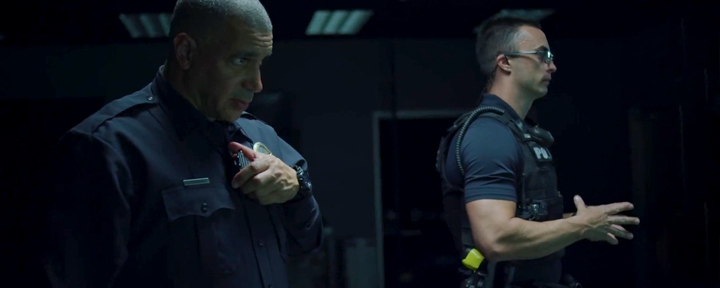
Training should be challenging. Period.
Easy training does not teach individuals, it does not force them to learn, grow, mess up and learn from mistakes. Instead, training needs to be as challenging as it is encompassing of many different topics. For police, this includes a wider variety of topics and the important nature of these subjects.
One critical lesson is verbal de-escalation.
Factors in Verbal De-Escalation
Verbal de-escalation is more complex than the public may imagine, as it is considerably more than simply asking subjects if they are okay, how they can help or if they are willing to remain calm. Instead, the correct dialogue depends on the situation, subject, the subject’s state of mind and even the tone the officer uses.
Tone is an important part of verbal de-escalation, though it isn’t discussed much. Imagine a situation where a subject is debating whether or not to end their life by jumping off a bridge. As the first responder, it is your job to talk them down—literally and figuratively.
What an officer chooses to say is magnified by the tone they use. In this situation, if an officer injected heavy amounts of false sympathy in their voice, the suicidal subject might see this as mistrust or mockery. Or if an officer used the proper phrases with little to no feeling, the subject could interpret it as sarcasm or lack of concern. Tone can greatly improve a situation or cause it to devolve—fast.
Training De-Escalation Tactics
This is where VirTra’s training simulators make a difference in the classroom. Instructors can program the simulator to run scenarios ranging from high-stake situations to mental illness interactions. Trainees can engage the subjects and attempt to defuse the situation using known de-escalation techniques, or opt for less lethal or lethal options as a last resort.
If an officer is attempting to build a rapport with the subject, instructors can choose to reward the student’s behavior and de-escalate the scenario. However, if an officer’s words or tone are too aggressive, the instructor can choose an escalating branch built within the scenario to show the trainee the consequences.
An officer’s verbal ability is another tool on their toolbelt and can mean the difference between having to fight a subject or talking him into a set of handcuffs peacefully. By training your department in proper de-escalation techniques with VirTra you can potentially decrease police use of force incidents.
If you have any questions or would like a demonstration, contact a VirTra representative.
Recently Published
Join Our Newsletter







